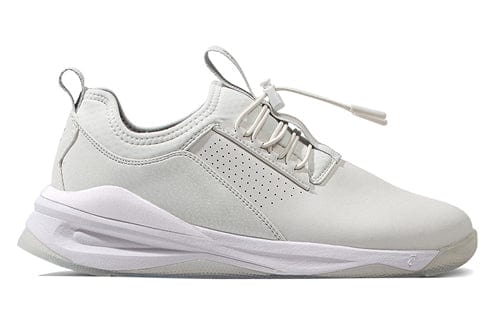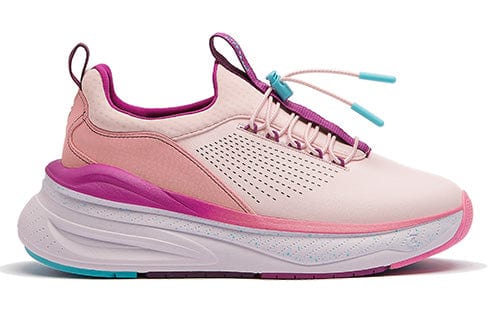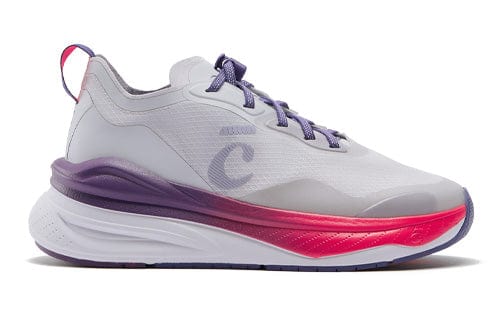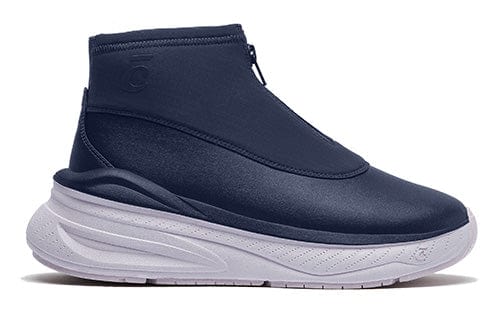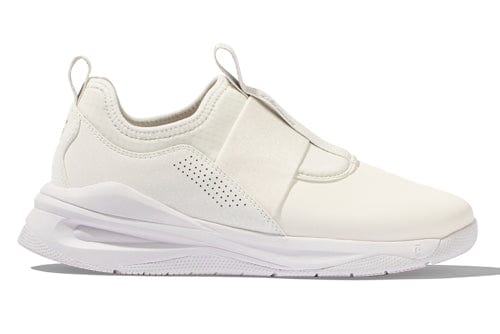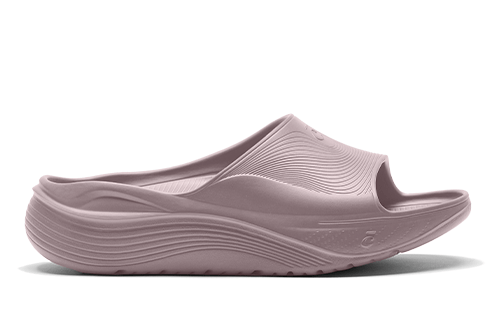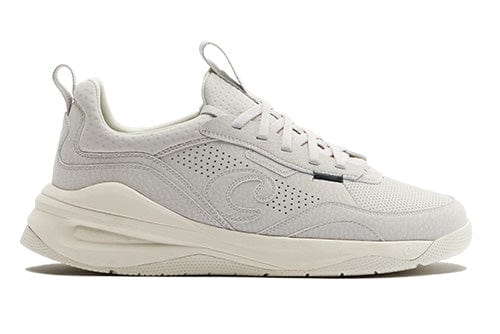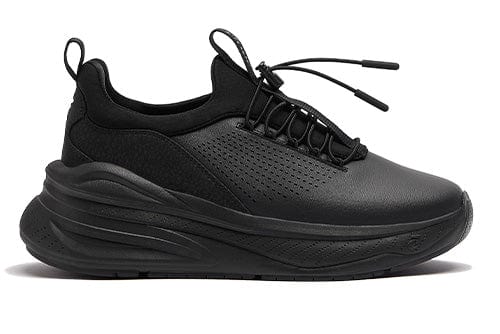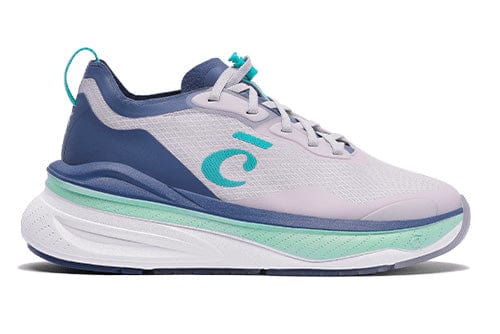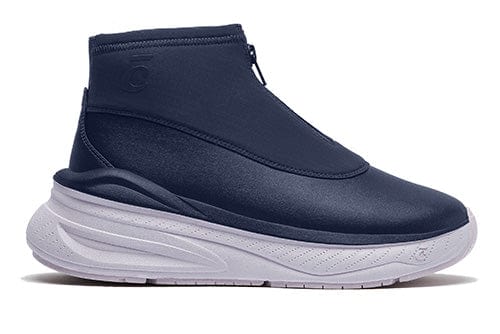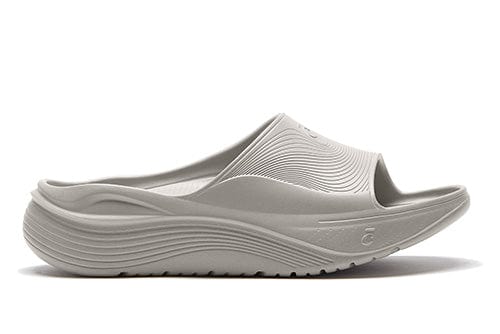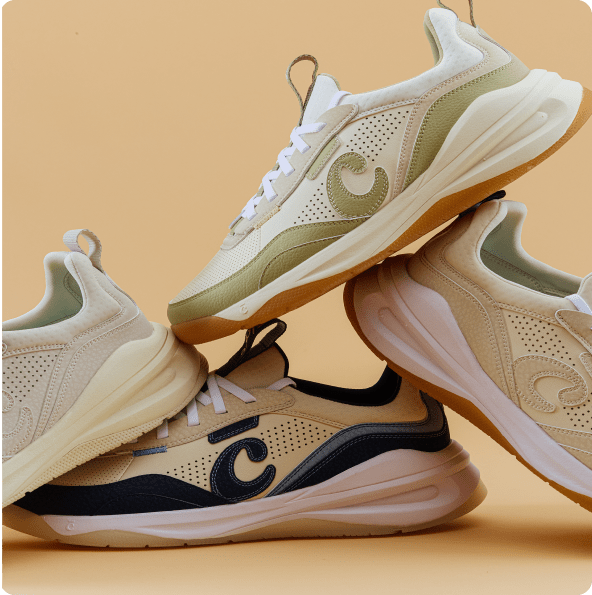Understanding What Causes Knee Pain and How to Address It
We’ve all been there—your knee starts to ache after a long day on your feet (especially if you are a medical practitioner), or maybe after a weekend hike, and suddenly you’re searching for answers.
Knee pain can seem like an inevitable part of life, especially if you’re on your feet a lot, but it doesn’t have to hold you back. Whether it’s a sharp twinge or a dull, constant throb, understanding what causes knee pain and learning how to address it can make all the difference in getting back on your feet—comfortably and confidently. Let’s take a closer look at what can cause knee pain and, more importantly, how you can tackle it.
5 Common Causes of Knee Pain
Knee pain doesn’t just show up out of nowhere—many factors can contribute to discomfort in this crucial joint. Knowing these causes is the first step in managing and ultimately relieving that pain.
1. Overuse and Strain
One of the leading culprits behind knee pain is overuse, and it’s more common than you might think. If you’re someone who enjoys running, cycling, or even standing for long periods at work, your knees are absorbing repetitive strain every single day. Over time, that wear and tear can take a toll, leading to inflammation, soreness, and even long-term damage to the joint.
Overuse is often the hidden answer when you’re left wondering, what causes pain in your knee after a particularly active day. You may not notice it right away, but constant pressure on the knee joint—whether from your job, daily workouts, or weekend activities—can slowly build up to an uncomfortable or even debilitating level of pain. This strain can lead to chronic knee pain if not addressed promptly, making it difficult to continue with your usual activities.
2. Injury
Few things can sideline you faster than a knee injury. Unfortunately, knee injuries are all too common and can result from anything—from a sudden twist during a game of soccer to a misstep on the stairs. Common knee injuries include anterior cruciate ligament (ACL) tears, meniscus tears, and dislocated kneecaps, all of which can lead to severe knee pain and often require medical intervention.
ACL tears are particularly common among athletes and are caused by a sudden change in direction or an awkward landing after a jump. The pain is immediate and often accompanied by a "popping" sensation. Similarly, a torn meniscus can occur when the knee twists awkwardly, causing significant pain and swelling.
3. Arthritis
Arthritis is a notorious cause of knee pain, particularly among older adults, but it can affect anyone. The most common form of arthritis that impacts the knees is osteoarthritis, which occurs when the cartilage that cushions the knee joint starts to break down. This cartilage serves as a protective barrier between the bones in the knee, and when it wears away, it causes friction between the bones, leading to inflammation, stiffness, and chronic pain.
Osteoarthritis usually develops gradually over time, but once it sets in, the pain can become persistent. Activities like walking, climbing stairs, or even sitting for extended periods can aggravate the condition. Other types of arthritis, such as rheumatoid arthritis, also contribute to knee pain by causing the body’s immune system to attack the joint lining, leading to swelling and discomfort.
4. Improper Footwear
Believe it or not, the shoes you wear can have a big impact on your knee health. Shoes that lack proper support can throw off the alignment of your entire body, forcing your knees to overcompensate for the imbalance. Over time, this leads to increased strain on the knees, causing pain and discomfort. If you’ve ever wondered what can cause sore knees after a long day, your footwear could be the silent culprit.
Poor footwear doesn’t just affect the knees—it can disrupt your posture, affect your gait, and contribute to chronic knee pain. Shoes that are too flat, too stiff, or too worn out don’t provide the necessary shock absorption that your knees need to cushion the impact of walking or standing for long periods.
5. Joint Stress
Your knees are responsible for carrying a significant portion of your body’s weight, which means that any extra pounds can amplify the pressure placed on these joints. It’s no surprise, then, that excess weight is a major contributor to knee problems and conditions like knee arthritis. For every pound of weight you carry, your knees bear several times that amount in force, especially when climbing stairs or engaging in physical activity.
Over time, this extra stress can lead to inflammation, joint pain, and wear and tear on the cartilage that cushions the knee.
Biomechanical Issues Contributing to Knee Pain
Your body’s biomechanics play a significant role in how your knees feel. Everything from your posture to how you walk can impact the health of your knee joints.
Misalignment and Poor Gait
If your body is out of alignment—whether due to poor posture, an uneven gait, or misalignment in your hips or feet—it can throw your knees off balance. This leads to compensatory movements, where your knees work harder to support your weight, which can trigger pain. For example, if your hips tilt slightly, it might change how your knees absorb impact, causing discomfort over time.
Similarly, if you suffer from foot conditions, you may find yourself asking, does plantar fasciitis cause knee pain? The short answer is yes—it can. Plantar fasciitis affects your foot’s natural arch, and the misalignment can ripple up to your knees, creating unnecessary strain on the joint.
The Chain Reaction: Hips, Knees, and Feet
Your knees don’t operate in isolation. They’re part of a chain reaction within your body, connected to your hips and feet. Any misalignment in your hips or feet will affect how your knees function. For instance, flat feet can lead to inward knee rotation, causing increased wear and tear on the joint.
The Role of Footwear in Knee Health
Now that we’ve touched on how your shoes can affect your knees, let’s dive a little deeper.
How Improper Footwear Strains Your Knees
Wearing the wrong shoes—or shoes that aren’t suited to your activity—can place strain on your knees. If you spend long hours standing or walking, shoes that don’t offer proper arch support or cushioning can force your knees to absorb more impact than they’re built to handle. Over time, this leads to knee pain and even chronic issues like knee osteoarthritis.
Improper footwear can also affect your gait, throwing your alignment off and leading to knee pain. This is especially true if you regularly wear shoes with minimal support, like flat sandals or worn-out sneakers.
How to Ease Sore Knees with the Right Shoes
Investing in supportive footwear can make a world of difference. Clove’s sneakers, designed for individuals who spend long hours on their feet, offer the necessary support to relieve pressure on your knees. Whether you’re on your feet for a 12-hour shift or a leisurely stroll, wearing the right shoes helps reduce the risk of long-term damage.
If you’ve been struggling with how to ease sore knees, upgrading your footwear is a solid first step. With the newest releases from Clove, you can protect your knees while enjoying the comfort and style that keep you moving forward.
When to Seek Medical Attention for Knee Pain
Sometimes, knee pain is more than just a temporary annoyance. So, when should you see a doctor?
- Persistent Pain: If your pain has been present for several weeks and doesn’t seem to be improving with rest or home remedies, it’s time to consult a professional.
- Swelling and Redness: Swelling around the knee joint, especially if it’s warm to the touch, can indicate a more serious condition, like knee bursitis or an infection.
- Inability to Bear Weight: If you’re unable to put weight on your knee without significant pain, you could have a more severe injury, like a ligament tear or a dislocated kneecap.
- Instability: If your knee feels like it’s going to give out or buckle under pressure, it’s a sign that the joint might be damaged.
- Limited Mobility: Difficulty straightening or bending your knee could indicate a problem with the cartilage or ligaments in the joint.
For those with ongoing knee issues, investing in shoes for knee problems can help prevent further strain and injury.
Upgrade Your Footwear
Knee pain might be common, but it doesn’t have to be constant. Whether your discomfort stems from an injury, misalignment, or simply wearing the wrong shoes, understanding the root cause is key to finding relief. Start by making small changes—like upgrading your footwear—and paying attention to how your body moves. Your knees work hard for you, so give them the support they deserve.
If you’re looking for supportive shoes for men and women, Clove has you covered. Check out our latest collection at Clove and find the perfect pair to keep you moving in comfort.
Sources:
- PM&R Knowledge. Knee Overuse Disorders. https://now.aapmr.org/knee-overuse-disorders/
- OrthoInfo. Anterior Cruciate Ligament (ACL) Injuries. https://orthoinfo.aaos.org/en/diseases--conditions/anterior-cruciate-ligament-acl-injuries/
- National Institute of Arthritis and Musculoskeletal and Skin Diseases (NIAMS). Osteoarthritis. https://www.niams.nih.gov/health-topics/osteoarthritis#:~:text=Osteoarthritis


